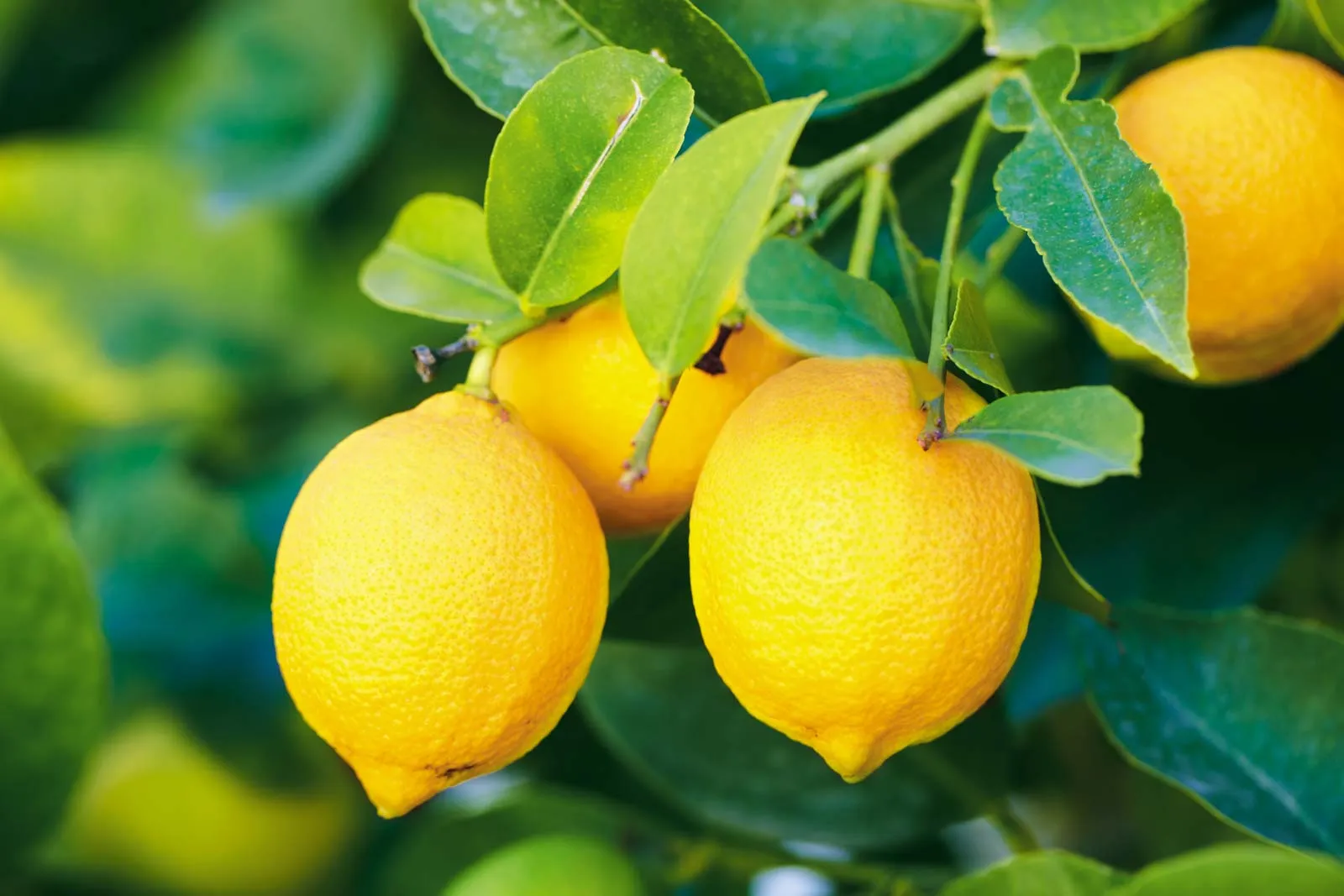A 14-year-old boy, Derick Godisking, takes responsibility by using beekeeping income to pay for the expenses of his elder brother so he can finish his high school education.
Derick lives in a small fishing community in Kwahu Afram Plains with his family. Both parents are smallholder farmers.
With four colonies, Derick would harvest and sell the honey and use the proceeds to pay for his brother’s school expenses so he could concentrate on his studies.
That’s impressive! Beekeeping can be a great way for teenagers to earn money and take responsibility for their education. It not only teaches valuable entrepreneurial skills but also instills a sense of environmental stewardship.
Managing bees and selling honey or other bee-related products can be a sustainable and fulfilling way for teenagers to contribute to their own education expenses while also supporting local agriculture and biodiversity.
That’s truly commendable! It’s heartwarming to hear about a 14-year-old boy using the income from beekeeping to support his brother’s education.

Keeping bees can be a profitable and sustainable way to generate income, and this young entrepreneur’s efforts are not only helping his family but also contributing to his brother’s education.
It’s an inspiring example of how determination and hard work can significantly impact one’s family and community.
Read also: Education is the passport to the future, for tomorrow belongs to those who prepare for it today.
Beekeeping can be a rewarding livelihood option. It involves raising and managing bees to produce honey, beeswax, and other bee-related products for sale.
It’s essential to learn about beekeeping techniques, hive management, and safety precautions to ensure a successful and sustainable business.
Additionally, consider local regulations and environmental factors that may impact beekeeρing in your area. It’s a fulfilling venture that contributes to biodiversity and agricultural pollination while providing a source of income.
Beekeeping and rural development
Beekeeping can play a vital role in rural develοpment for several reasons:
Economic Empowerment
Beekeeρing can provide a sustainable source of income for rural communities. Selling honey, beeswax, pollen, and other bee-related products can create job opportunities and stimulate economic growth.
Diversification of Income
Beekeeρing offers rural communities an additional income stream, reducing their reliance on a single agricultural crop or activity. This diversification can help stabilise income and improve livelihoods.
Read more: Honey bees use animal faeces as a tool to defend colonies against attack by giant hornets
Biodiversity and Pollination
Bees are essential pollinators for crops and wild plants. By promoting beekeeρing, rural areas can enhance biodiversity and improve agricultural productivity.
Environmental Conservation
Beekeeping encourages sustainable land management practices. It can lead to the protection of natural habitats and the conservation of ecosystems, promoting overall environmental health.
Skill Development
Beekeeping requires specialised knowledge and skills. Engaging in beekeeping can lead to the acquisition of technical expertise, empowering individuals with valuable skills for future endeavours.
Social Cohesion
Keeping bees can foster community cooperation and collaboration. Local beekeeping associations and cooperatives can promote knowledge-sharing and collective decision-making.
Export Potential
High-quality honey and bee products can have a significant market demand globally. By producing export-quality goods, rural communities can tap into international markets, boosting their income and economic prospects.
Read also: Bees for Development Ghana starts Bee the Voice Project to empower women
To fully realise these benefits, rural development programmes should include training and technical support for aspiring beekeepers, access to resources, and favourable policies to promote sustainable beekeeping practices.
This way, beekeeρing can become a powerful tool for rural develοpment, improving livelihoods, and preserving the environment.















